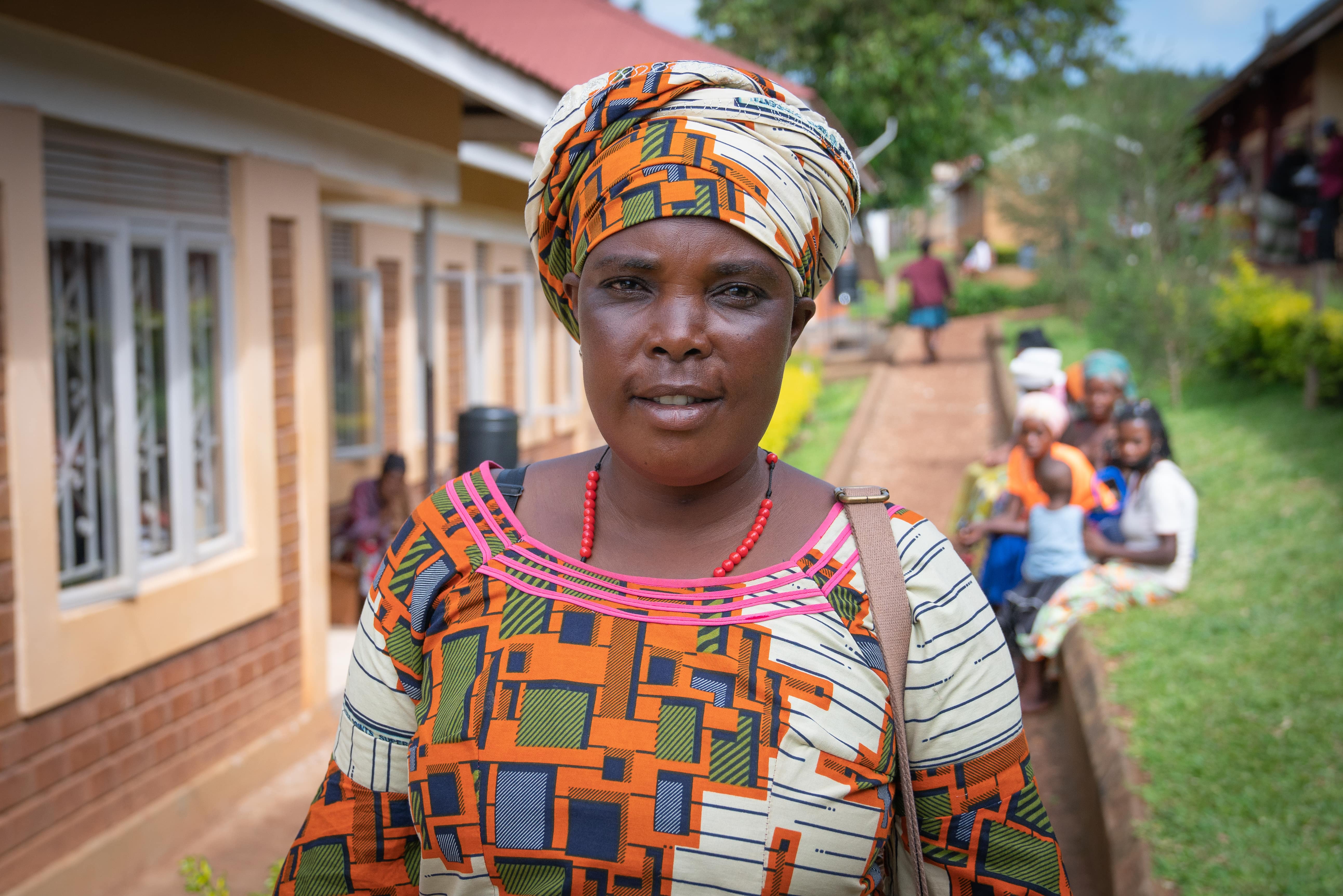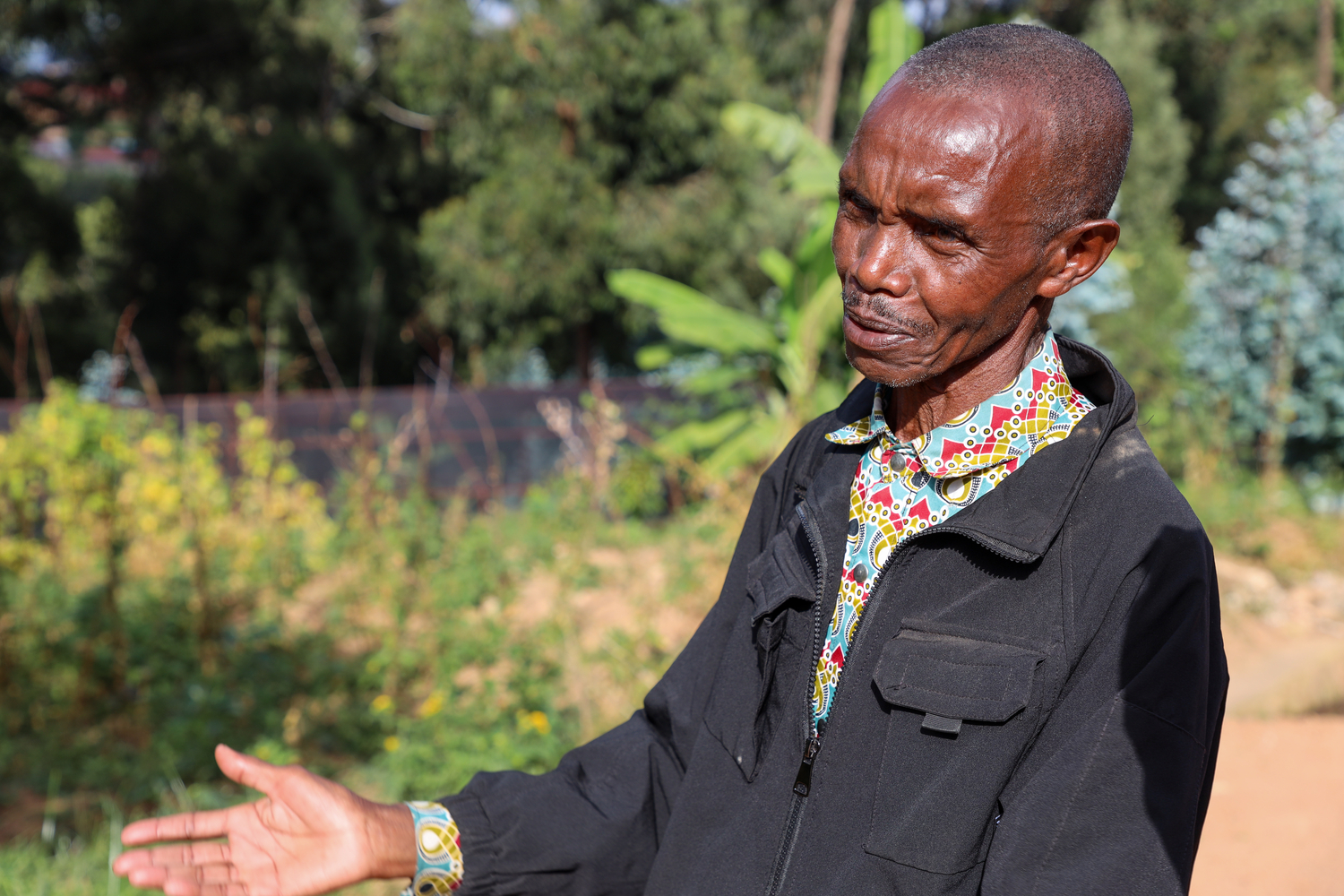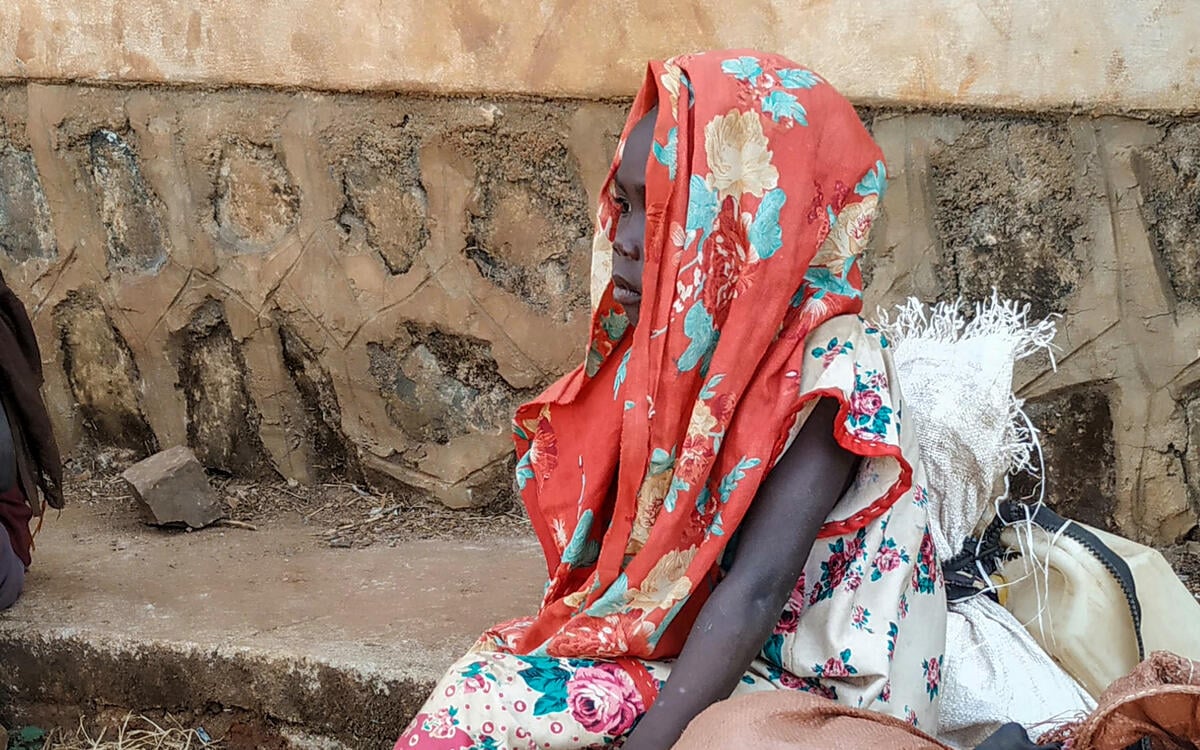UNHCR helps Rwandans in Zambia make informed decisions on return
UNHCR helps Rwandans in Zambia make informed decisions on return

KIGALI, Rwanda, Jan 21 (UNHCR) - The UN refugee agency is launching an information campaign to ensure that more than 5,000 Rwandan refugees in Zambia make informed choices about going home under a voluntary repatriation agreement recently signed between the governments of Zambia, Rwanda and UNHCR.
The tripartite agreement, signed last Thursday in the Rwandan capital of Kigali, marks UNHCR's shift from merely facilitating to actively promoting the voluntary return of Rwandan refugees in the region.
The majority of the over 5,000 Rwandan refugees in Zambia are living in Meheba and Mayukwayukwa camps in the west, with smaller numbers in urban centres. They could return home as soon as April under the new agreement.
To prepare them for the upcoming operation, the UN refugee agency's information campaign will outline plans to help them home. These include details on travel arrangements, return packages and reintegration assistance back in Rwanda, all of which are currently being worked out with both governments.
As a confidence-building measure, the refugees can find out more about the situation back home from a visiting delegation of Rwandan government officials and recent returnees before the end of March. At the same time, Rwandan refugee leaders in Zambia will embark on "go-and-see" visits home with government officials for a first-hand look at prevailing conditions in their areas of origin.
At the end of the information campaign, UNHCR will register Rwandan refugees willing to return home. They will have to sign voluntary repatriation forms to confirm that their decision to return is voluntary.
Many of the Rwandan refugees arrived in Zambia more than seven years ago in the wake of the 1994 Rwandan genocide that left an estimated half a million people dead and drove another 2 million into neighbouring countries.
Many of the displaced have since returned to their homes in Rwanda, leaving an estimated 60,000 scattered across various countries throughout the African continent.
The recent repatriation agreement is the first in a series to be signed this year with the government of Rwanda and countries hosting Rwandan refugees. Last week, UNHCR's Regional Co-ordinator for the Great Lakes region, Wairimu Karago, told participants at the tripartite meeting that the refugee agency's new policy of actively promoting voluntary return to Rwanda would be harmonised and implemented across the Africa region in a consistent manner.







